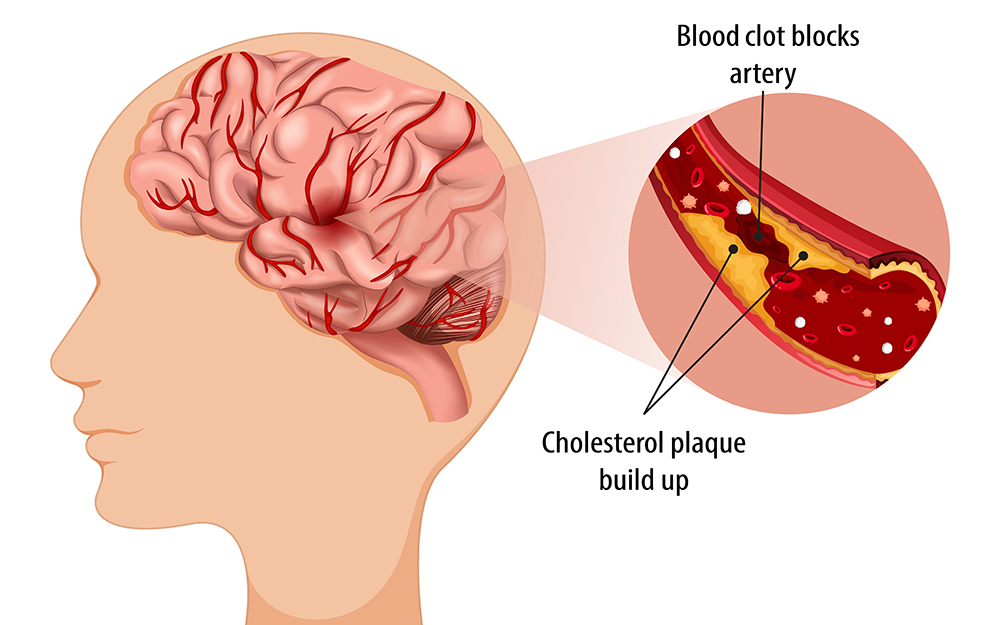Exploring the Link Between Dopamine and Parkinson's Disease
Date
April 27, 2017

Date
April 27, 2017
Credits
Medical providers featured in this article
In Brief
{{cta-block}}
Dopamine has been implicated as the cause of everything from love to lust to drug addiction to the compulsion to eat cupcakes. The chemical also plays an important role in kicking off movement in the body.
For that reason, dopamine has long been considered the major culprit in causing Parkinson's disease, a degenerative disease that may begin as a barely noticeable hand tremor but over time interferes with movement, muscle control, and balance.
"The longtime notion is that it's dopamine—but it's a lot more complicated than that."
Scientists believe a lack of dopamine causes Parkinson's disease. That deficit, they say, comes from a disorder of nerve cells in the part of the brain that produces the chemical.
However, dopamine isn't the only neurotransmitter affected in Parkinson's disease. The malady affects multiple chemical systems in the brain, with dopamine the most recognized and so far the most significant.
"The longtime notion is that it's dopamine—but it's a lot more complicated than that," said Dr. Echo Tan, a neurologist in the Cedars-Sinai Movement Disorders Program. "Without finding the real reason behind Parkinson's, we can't find a cure."

Love, motivation, and movement all begin in the brain as dopamine hopping from one neuron to another. Dopamine leaves one neuron and slips through the synapse, the space between the nerve cells. Then it collides with a receptor on the neighboring neuron, sending a signal to the cell and igniting a chain of events that results in a movement, a feeling, or an action.
It's simple—when you're thinking of only two neurons. But the human brain has tens of billions of neurons. Scientists are still charting our brain's complex system of neurons and the chemicals that manipulate them. The Movement Disorders Program is trying to find out why the dopamine cells are being destroyed. The team wonders if some event before that may be fundamental in the development of Parkinson's.
"Without finding the real reason behind Parkinson's, we can't find a cure."
"We're looking for where Parkinson's really starts," Tan said. "Why do the dopamine cells die? Is there something happening in the brain while people still appear normal that will cause them to have Parkinson's disease in the future, 10, 20 years in the future? What is altered in the brain and the body to cause Parkinson's?"
She and her colleagues plan to examine body and head imaging scans from patients in the early stages of Parkinson's disease. They'll look for clues to which parts of the brain may have been first affected and which other brain chemicals may play a role in the disease.
"We want to find the first changes, because that may lead to more information about what is affected at the start of the disease," Dr. Tan said.
Dr. Tan's patients drive her desire to better understand the origins of Parkinson's disease. She hopes a better understanding of the intricacies of the brain will one day lead to better treatments. Perhaps even a cure.





